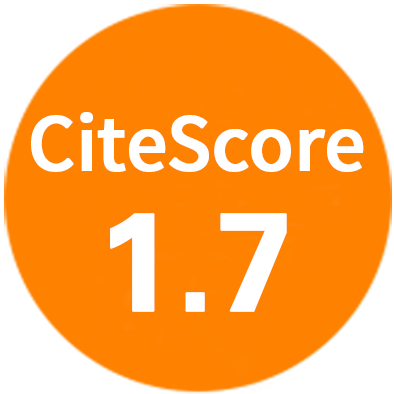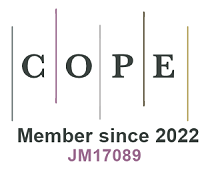Advancing Precision and Translational Research in Neurodevelopmental Disorders: Insights from Prof. Samuele Cortese
On September 12, 2025, the Editorial Office of Rare Disease and Orphan Drugs Journal (RDODJ) interviewed Prof. Samuele Cortese, an expert in neurodevelopmental disorders. Prof. Cortese shared his insights on neurodevelopmental disorders, particularly attention-deficit/hyperactivity disorder (ADHD) and autism spectrum disorder (ASD). He emphasized the evolving role of genetic information in guiding clinical assessments and personalized interventions, discussed challenges in translating research findings into practice, and offered perspectives on improving the quality and international impact of research published in RDODJ.
About the Interviewee
Prof. Samuele Cortese is Professor of Child and Adolescent Psychiatry at the University of Southampton, United Kingdom, and Honorary Consultant Child and Adolescent Psychiatrist at the Hampshire and Isle of Wight Healthcare NHS Foundation Trust, United Kingdom. He also holds appointments as Full Professor of Child and Adolescent Neuropsychiatry at the University of Bari "Aldo Moro," Italy, and Adjunct Full Professor in the Department of Child and Adolescent Psychiatry at the NYU Grossman School of Medicine, New York, USA.
Specializing in neurodevelopmental disorders with a focus on ADHD and ASD, Prof. Cortese's research spans clinical studies, neuroimaging, genetics, and evidence synthesis, with the aim of improving diagnostic precision, elucidating biological mechanisms, and supporting tailored interventions. He has published extensively in leading peer-reviewed journals and serves on the editorial boards of several international psychiatry and neuroscience publications. His work has earned him global recognition for advancing both the understanding and treatment of neurodevelopmental disorders.
Interview questions:
1. Your recent article on autism diagnostic strategies discusses the evolving role of genetic testing in supporting clinical care and personalized interventions. How do you see the integration of genetic information enhancing the precision of ASD diagnosis and treatment? (Latest clinical frontiers related to autism diagnostic strategies)
2. Your article highlights that genetic testing in ASD provides valuable etiologic clues rather than direct diagnoses. In your experience, what approaches are most effective for integrating genetic information into clinical assessments, and how can these help identify cases potentially linked to rare syndromic forms of ASD? (Latest clinical frontiers related to autism diagnostic strategies)
3. Based on your experience in ADHD and related neurodevelopmental disorder drug research, how do you view the potential for personalized treatment or predicting drug response in these patient populations?
4. What lessons from your experience in clinical trial design could help improve the translational impact of research on drugs for ASD associated with rare syndromes?
5. As an active researcher, what advice or perspectives would you offer RDODJ for enhancing research quality and international impact?
Editor: Monica
Language Editor: Emma Chen
Production Editor: Ting Xu
Respectfully submitted by the Editorial Office of Rare Disease and Orphan Drugs Journal







